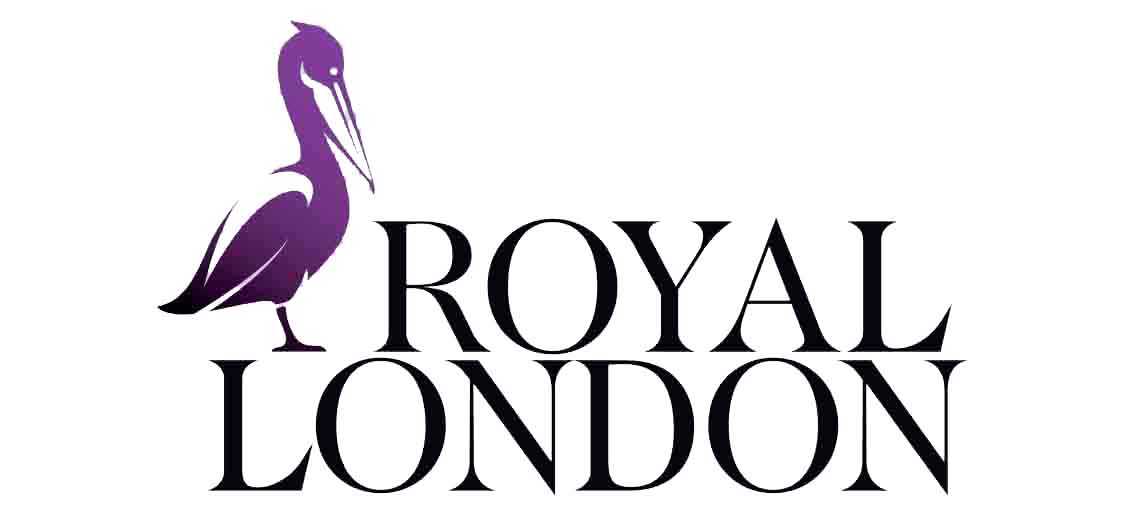Whole Life Insurance
Safeguarding Your Business, Life & Legacy: A Guide to Whole Life Insurance
Did you know whole life insurance can do more than just provide a death benefit? It can also build cash value over time, offer tax advantages, and provide long-term care benefits.
What is Whole of Life Plan Insurance?
Whole of Life Plan insurance is a type of life insurance policy that provides lifelong coverage. Unlike term life insurance, which covers you for a specific period, whole life insurance remains active until you pass away, provided you continue to pay the premiums.
Who Can Have This?
Most healthy individuals can obtain a whole of life plan. However, your eligibility and premium rates may be influenced by factors such as your age, health, and lifestyle. It’s best to consult with a financial advisor to determine your specific eligibility.
Why Should I Have a Whole of Life Plan?
There are several reasons why you might consider a whole of life plan:
Legacy Planning: It allows you to leave a financial legacy for your loved ones, ensuring they are financially secure after your passing.
Estate Planning: It can help cover inheritance tax liabilities, ensuring your heirs receive the full value of your estate.
Investment Potential: Some whole of life plans offer investment opportunities, allowing you to grow your wealth over time.
Peace of Mind: Knowing that your loved ones are financially protected can provide significant peace of mind.
4 Benefits of a Whole of Life Plan
- Lifelong Coverage: As long as you pay the premiums, your coverage remains in effect.
- Guaranteed Payout: The policy guarantees a payout to your beneficiaries upon your death.
- Investment Potential: Some plans offer investment options to grow your wealth.
- Tax Benefits: In some cases, whole of life plans may offer tax advantages.
4 Ways to Protect Your Whole Life with Whole Life Insurance
Whole life insurance offers a unique blend of protection and investment potential. Here are five ways it can safeguard your future and your loved ones:
Cash Value Accumulation
Whole life policies build cash value over time. This value grows tax-deferred and can be accessed through loans or withdrawals, providing a financial safety net for emergencies or major life events.
Estate Planning Tool
Whole life insurance can be used as an estate planning tool to help transfer wealth to heirs without incurring significant estate taxes. It can also provide liquidity to pay estate taxes, ensuring a smoother transition.
Long-Term Care Planning
Some whole life policies offer riders that can provide funds for long-term care expenses, helping to protect your assets and quality of life in your later years.
Death Benefit
This is the core purpose of life insurance. It provides a lump sum payment to your beneficiaries upon your death, helping them cover expenses like funeral costs, debts, and ongoing living costs.
Important Considerations:
- Cost: Whole life insurance is generally more expensive than term life insurance due to its investment component.
- Complexity: Whole life policies can be complex, so it’s crucial to understand the terms and fees before making a decision.
- Consult a Financial Advisor: A qualified financial advisor can help you assess your needs and determine if whole life insurance is the right choice for your specific situation.
By carefully considering these factors, you can leverage the power of whole life insurance to protect your family’s financial future and achieve your long-term goals.
The Role of a Broker
It is highly recommended to seek the help of a broker when considering a Whole of Life Plan. Here’s why:
Expertise: Brokers are experts in the field of insurance and understand the complexities of whole of life plans. They can explain the features, benefits, and potential drawbacks in a clear and concise manner.
Unbiased Advice: Brokers work with multiple insurance providers, allowing them to compare different policies and find the best option for your individual needs. They are not tied to any specific insurer, so they can provide unbiased advice.
Assistance with the Application Process: Brokers can guide you through the application process, helping you gather the necessary documents and ensuring that your application is completed correctly.
Ongoing Support: Even after you purchase a policy, your broker can continue to provide support, such as reviewing your policy periodically to ensure it still meets your needs and assisting with any claims you may need to make.
Peace of Mind: Knowing that you have a trusted advisor to help you navigate the complexities of life insurance can provide significant peace of mind.
How to Find a Good Broker:
Seek Recommendations: Ask friends, family, or colleagues for recommendations.
Check Credentials: Ensure the broker is registered with the appropriate regulatory body, such as the Financial Conduct Authority (FCA) in the UK.
Interview Potential Brokers: Ask about their experience, qualifications, and approach to client service.
Consider Fees: Understand the broker’s fee structure and any potential commissions they may receive.
By working with a qualified broker, you can be confident that you are making an informed decision about your whole of life plan and that your interests are protected.
Making Your Whole Life Insurance Journey Smooth
https://www.mortgagestrategy.co.uk/view-from/life-cover-for-life/












